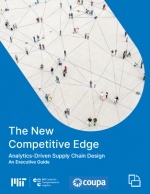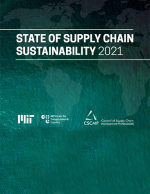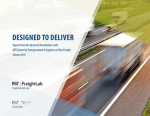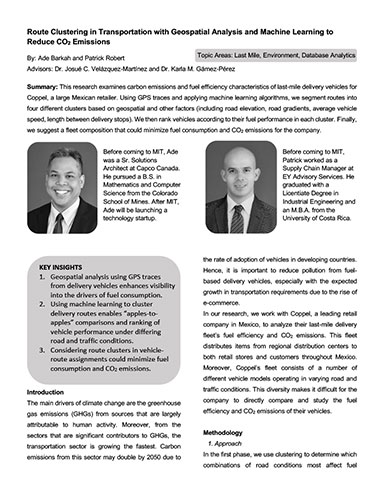Route Clustering in Transportation with Geospatial Analysis and Machine Learning
This research examines carbon emissions and fuel efficiency characteristics of last-mile delivery vehicles for Coppel, a large Mexican retailer.
Using GPS traces and applying machine learning algorithms, we segment routes into four different clusters based on geospatial and other factors (including road elevation, road gradients, average vehicle speed, length between delivery stops).
We then rank vehicles according to their fuel performance in each cluster. Finally, we suggest a fleet composition that could minimize fuel consumption and CO2 emissions for the company.
The main drivers of climate change are the greenhouse gas emissions (GHGs) from sources that are largely attributable to human activity.
Moreover, from the sectors that are significant contributors to GHGs, the transportation sector is growing the fastest. Carbon emissions from this sector may double by 2050 due to the rate of adoption of vehicles in developing countries.
Hence, it is important to reduce pollution from fuelbased delivery vehicles, especially with the expected growth in transportation requirements due to the rise of e-commerce.
What’s Related




Favorites





